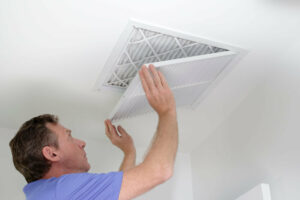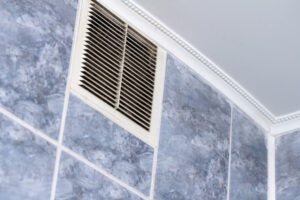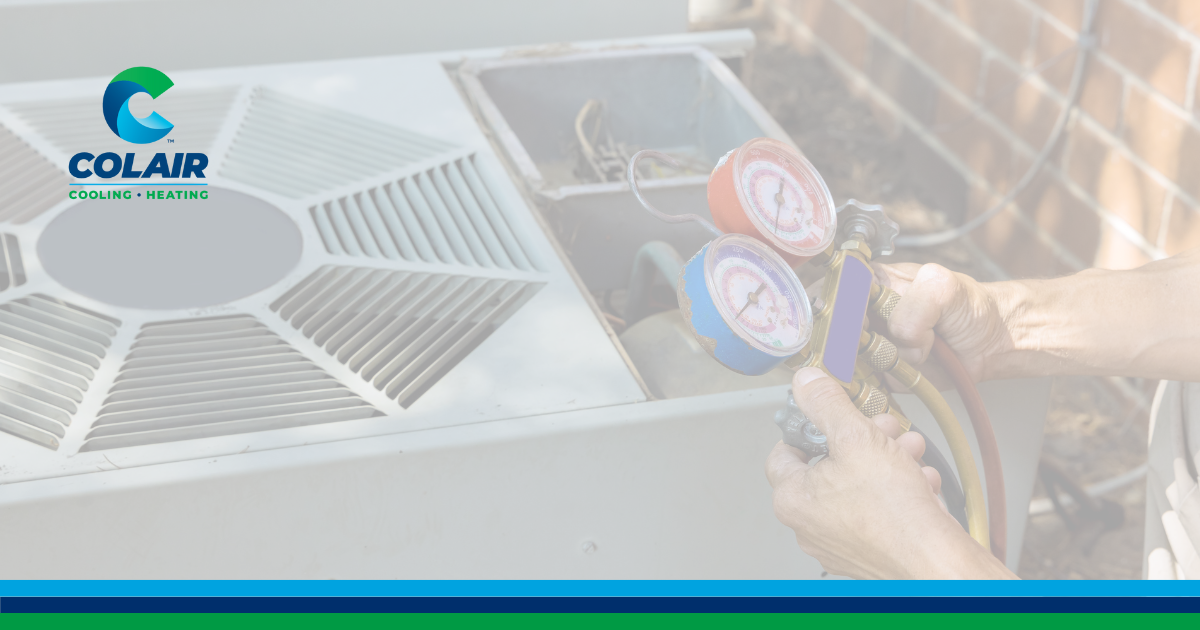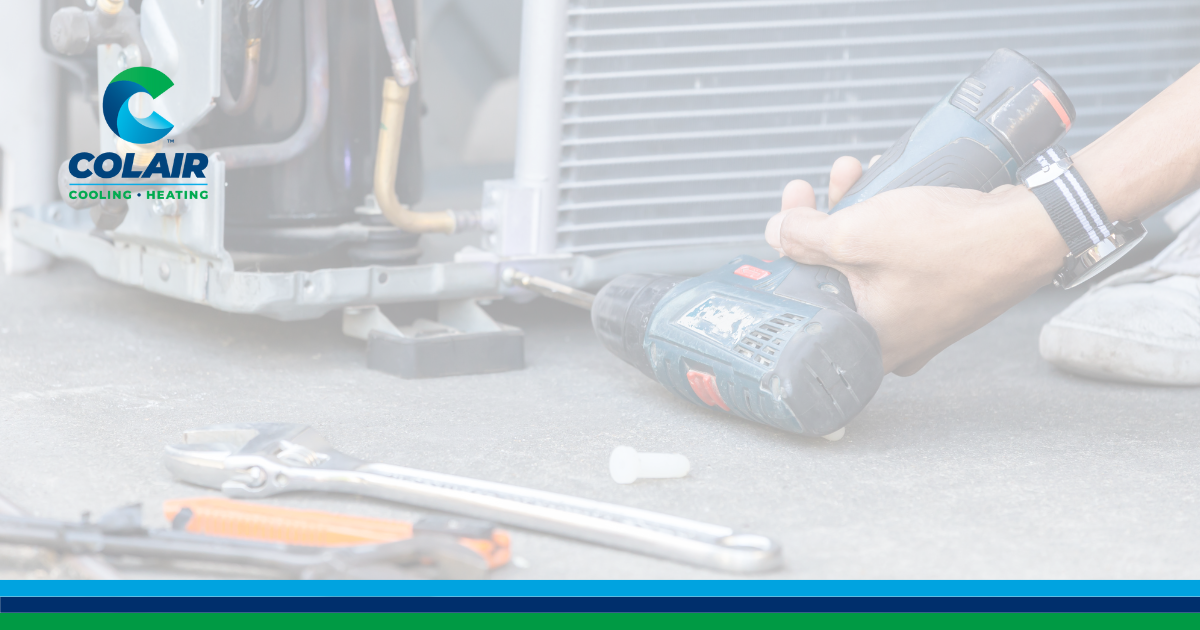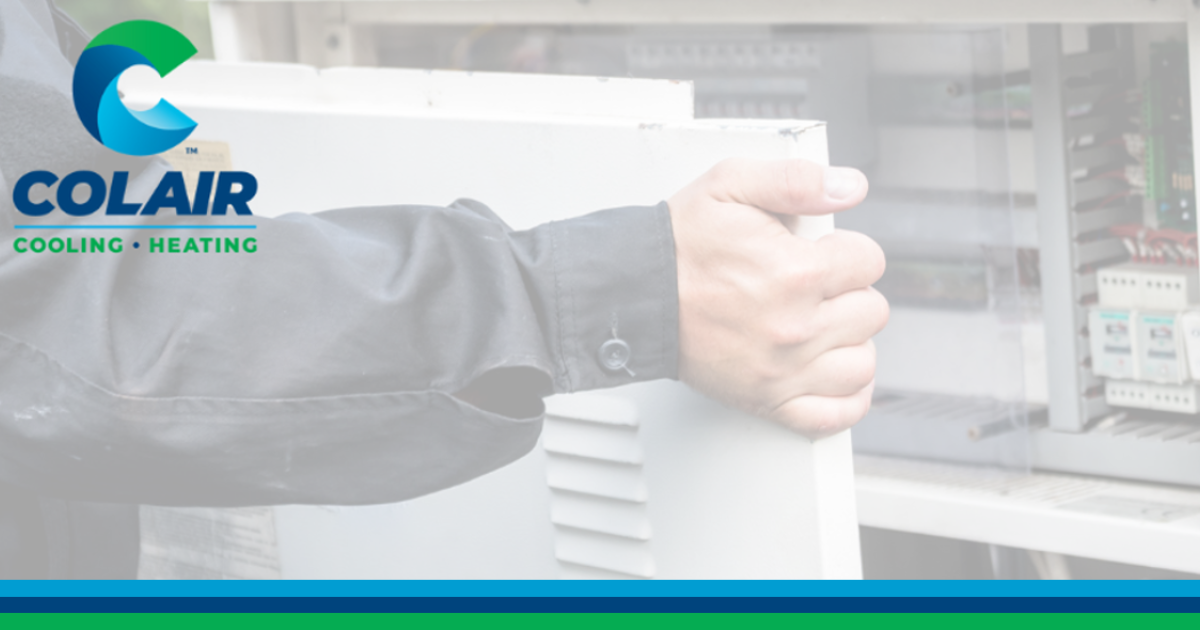How can you improve the indoor air quality of your home?
If you are like most people, you are taking steps to protect yourself and your family from COVID-19. You probably use hand sanitizers and avoid contact with people showing symptoms of the disease. Still, you might not know that your indoor air quality can impact your odds of getting sick.
In addition to putting you at risk for COVID-19, poor indoor air quality can also make you sick in many other ways. Dust, dirt, pollen, and other pollutants can contaminate your air and impact your health in more ways than you think.
Those who do not take steps to prevent the problem can face a range of harmful symptoms without knowing what to do about it. This guide explores ways to boost your air quality and safeguard yourself from the threat, and you will be glad you did when you see the outcome.
Fresh air and a healthy environment are what you can expect when you take the right steps to protect yourself.
Sick Building Syndrome Explained
Sick building syndrome occurs when your indoor air quality is so poor that it affects your health. If you feel ill and do not know the cause, you could have this syndrome and not even know about it. The first clue is that your symptoms go away when you leave your home but return when you go back. When you want to find the source of your sickness but do not know where to begin, learn a few of the symptoms of sick building syndrome:
- Throat Irritation
- Breathing Trouble
- Forgetfulness
- Fatigue
- Headaches
Having harmful substances in your home and air put you at risk for these issues, and the problem will only get worse unless you address it. The good news, though, is that you can fix your indoor air quality with a few steps and a clear plan. Removing mold, asbestos, and other airborne toxins are critical when you want to safeguard the quality of your air.
Indoor Air Quality Testing
The first step in fixing your air quality is learning the source of the problem, which goes a long way to address it.
You can find an indoor air quality testing kit online or at your local department store. Some indoor air quality testing devices only test for one type of pollutant. Still, others check for several of the most common. The most common kits test your air for formaldehyde, radon, and mold, which are some of the most harmful substances in the air. You should also check your air for carbon monoxide if you are serious about improving your indoor air quality. The right indoor air quality testing kit works wonders to protect your health and that of your family.
About COVID-19
COVID-19 is responsible for the pandemic that has put the world on lockdown. In minor cases, the disease causes symptoms like the flu. Still, it is much more deadly in severe cases, causing breathing trouble, confusion, fatigue, and more. COVID-19 spreads when someone with the disease sneezes or coughs, which releases virus droplets into the air and onto surfaces.
Why Indoor Air Quality Matters
When it comes to COVID-19 and other infectious diseases, your indoor air quality matters more than you might think. While the virus often spreads when you touch an infected surface, it can also spread through the air in your home.
Maintaining your indoor air quality is an essential step in protecting yourself and others from COVID-19 and other airborne pathogens, and you will achieve peace of mind along the way.
Maintaining your indoor air quality does much more than safeguard you from COVID-19. By keeping the air in your home clean, you also reduce the amount of mold, pollen, and other irritants in the air you breathe. This can reduce allergy symptoms and improve your energy levels. Improve indoor air quality to sleep better and increase your overall well-being, and you will know you have done the right thing.
You will likely experience increased health and energy in addition to feeling more at ease in your environment.
Change Your Air Conditioner’s Filter
Check your air conditioner’s filter if you have ever asked, “How can you improve indoor air quality?” Most people think that their air conditioner only affects the temperature of their home, but it does much more than that. Your air conditioner helps protect against viruses and pathogens by removing dirty air from your home and replacing it with fresh air.
Your air conditioner pulls the air from your home into its unit to cool it, and it filters the cold air before returning it to your home. If you want your air conditioner to improve your indoor air quality, make sure you change the filter often. You should change it at least every six months to a year, but you should change it each season if you would like to enjoy the best possible results.
Your filter will not be able to collect and remove virus particles or other pollutants unless you change it regularly. In addition to keeping your home free of viruses and other harmful pathogens, your air conditioner even protects you from heat strokes and other health complications.
High levels of humidity create the perfect environment for mold to grow. Your air conditioner can control your humidity levels and keep your home safe from mold and mildew. Keeping your air conditioner in top shape is a great way to protect your health for years to come. When you don’t know how to change your air conditioner’s filter but still want to improve your air quality, contact a professional.
Clean Your Air Ducts
If you have a central air-conditioning unit, it sends the cooled air throughout your home via your home’s air ducts. Cleaning your air filter is a great step in the right direction when you want to safeguard the air you breathe, but it is not always enough. You must also pay attention to your air ducts if you’re going to prevent pollen, pathogens, and other pollutants from spreading throughout your home.
Most people do not know when to clean their ducts, but you can look for a few signs that point you in the right direction. You need to clean your air ducts if you cannot cool each room in your home to the same temperature. Also, rodent or insect infestations are additional clues that your ducts need prompt attention. Look for sudden spikes in your energy bill as a sign your ducts are dirty.
Use a flashlight to look inside your ducts for dust and clutter that impact your indoor air quality. Make sure you have a vacuum cleaner and brush on hand before you begin. You will also need a screwdriver to open your ducts to clean them. Begin by opening the ducts and vacuuming as much of the dirt and dust as you can. Then finish the process by using the brush to remove any particles your vacuum cleaner might have missed along the way.
Use Kitchen Vents
Cooking releases a lot of smoke and other toxins into the air unless you do something about the problem in advance. If you are like many other people, you overlook the importance of having a proper vent in your kitchen. That mistake can impact the quality of your air and increase your odds of getting a variety of health conditions, including COVID-19, allergies, and more.
The foods you cook and the type of stove you use play a role in the number of toxins your kitchen produces, but a high-quality kitchen vent prevents that problem and protects your home and health. Your kitchen vent removes toxins from the air and pushes them outside your home so that you will not need to worry about them.
Each small step you take to improve your indoor air quality goes a long way to boost your health and reduce your odds of facing a range of health problems. Look for kitchen vents in your local department store, or you can shop online for vents that meet your long-term goals. Finding the right vent for your kitchen can seem like a daunting task if you have never done it before, but you can speak with a local expert when you need a little guidance.
Use Bathroom Vents
Make sure you use a bathroom vent in addition to installing a kitchen vent in your home. You do not want to overlook the benefits a bathroom vent provides if you are serious about improving the quality of the air in your home. While a decent bathroom vent removes odors from your bathroom, it also performs other vital functions you do not want to ignore.
Bathing and showering cause moisture to build up in your bathroom, and this moisture can inspire mold to grow if you do not do something about it right away. An active bathroom vent reduces moisture and controls humidity so that mold will not have a stable environment to grow and reproduce.
Sweep Your Floors
It might not seem like much, but sweeping your floors goes a long way to protect your indoor air quality. Over time, dirt, and pollutants from the air fall onto the floor and get stuck in your carpet, and those pollutants can go back into the air when you disturb them. This problem can trigger allergies and other common health problems, and the symptoms can even mimic those of the cold and flu virus.
Dirty floors and carpet can even mimic the signs and symptoms of COVID-19 and other dangerous health conditions, making it hard to tell if you really have the virus. Overcome that problem with a good vacuum cleaner and by vacuuming your carpet at least two times each week. For the best results, ensure that your vacuum cleaner is in top shape and that the filters are clean so that they work correctly. You will remove pathogens and allergens from the floor before they have a chance to cause health problems.
Disinfect Your Surfaces
Counters, keyboards, and doorknobs are some of the dirtiest places in your home. If someone is sick and touches one of those surfaces, they can leave virus particles behind that spread the sickness to many other people in your home. You want to clean those surfaces regularly so that you can prevent the spread of COVID-19 and other diseases.
Some people are worried about using harsh chemicals in their homes when they want to disinfect their surfaces and protect against COVID-19. Luckily, COVID-19 has a weak protective layer that allows it to infect healthy cells. All you must do is disrupt that protective outer layer to deactivate the virus.
You can achieve that goal with soap and water, and the scrubbing motion removes COVID-19’s protective layer to prevent the virus from spreading within your home. Increase the number of times you disinfect your surfaces if someone in your home has the virus, and you will be glad you did.
Manage Your Humidity
Your home’s humidity level also plays a central role in your health and well-being. Too much humidity allows mold and mildew to grow in your home. Mold can trigger a variety of symptoms you do not want to face, and some people can even have extreme reactions to mold growth. Not enough humidity, on the other hand, also causes a range of health concerns that impact the way you feel.
Low humidity levels can cause dry skin, throat irritation, and other symptoms that mimic the common cold. To combat those problems and safeguard your health, pick up a humidity reader from your local department store. You can then tell if your humidity level is too low or high, allowing you to take steps to keep it under control. Buy a humidifier if you do not have enough humidity. Still, you can get a dehumidifier if your humidity level is too high.
Buy Indoor Plants
Improving your indoor air quality is easy when you buy plants for your home. Plants produce oxygen, help with your humidity levels, and release negative ions into the air. The extra oxygen produced by plants displaces some of the pollutants in your home’s atmosphere. The increased humidity levels decrease static electricity and offer a range of benefits to your skin.
Negative ions bind with many pollutants and deactivate them before they harm your health. It will not take you long to experience the range of benefits. Try placing at least one or two plants in each room for the best results possible. You at least want to put some plants in your bedroom to improve your sleep quality, allowing you to wake up feeling alert and refreshed.
Seal Your Doors And Windows
Most homes have more pollutants than the outside air. Although the outside air is often cleaner than the air inside your home, the air in the environment still has smoke, smog, and other pollutants that can impact your health. You want to protect your indoor air once you clean and filter it so that you can maintain its quality.
If you do not want the air outside your home, contaminating your indoor air, seal your windows and doors. Use foam tape and insulated curtains to seal your doors and windows from the outside air, and you are sure to notice the difference in no time. Sealing your doors and windows also saves money on your monthly energy bill.
Mop Your Floors
From pet hair and dropped food to virus particles, your floors pick up a lot of pollutants throughout the year. These pollutants can build up over time and have a range of harmful effects on your health if you are not careful. Still, you can defeat that roadblock and achieve peace of mind by mopping your floors. You do not always need to use soap while mopping the floors in your home. In many cases, a mop and water are all you need to remove common allergens from your floor. Still, soap is useful when your goal is to kill harmful pathogens.
Take Off Your Shoes When You Get Home
Most people do not think about how dirty their shoes are or how the things on their shoes impact indoor air quality. Take a minute to consider all the places you go each day, and you can then imagine how many germs are on the floors, ground, and streets on which you walk throughout your life.
This mental exercise gives you an idea of how dirty your shoes are. When safeguarding your health is on your mind, removing your shoes when you get home is an excellent place to start. Doing so prevents you from bringing a range of germs and allergens into your home, and it does wonders when it comes to protecting your health and well-being. It might take a little time for you to remember to take off your shoes when you get home. But you will get it right in time if you stick to your plan.
Use An Air Filter
The other steps in this guide work wonders when you want to protect your air quality and reduce your odds of getting COVID-19 and other common health threats. Those steps only go so far on their own, and you need to take additional action to complete the process and enjoy the best possible results.
You should go to the store and pick up an air filter for your home or bedroom. Some expensive models clean the air in your entire home, but you can even find smaller ones that work well for one room. Filters suck in dirty air, clean it, and release purified air into your home.
Final Thoughts
Since the air in your home plays a vital role in your overall health, you want to clean and purify the air your family breathes. Cleaning your home and installing the proper vents is an excellent starting point. Still, you should also replace your filters and use an air purifier when you want to get the most for your time and effort. These steps add up and go a long way to protect you and the ones you love from COVID-19 and other health threats.
Colair
Cooling & Heating
Request Service
Please fill out the form below to request an estimate or schedule service.
"*" indicates required fields



